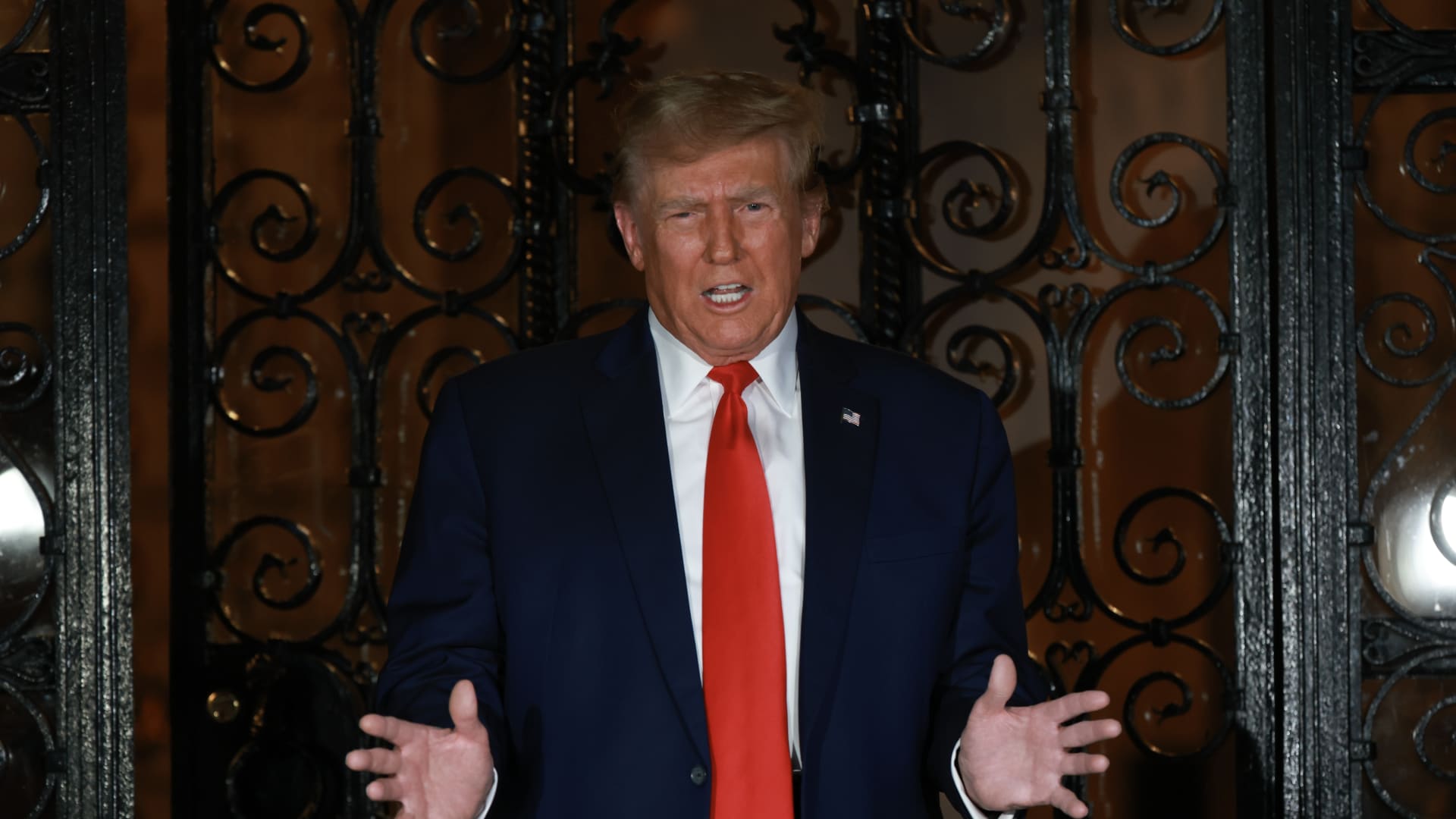NATO members convened on Saturday to deliberate the potential repercussions of the United States’ withdrawal from the military alliance, especially if Donald Trump were to reclaim the presidency, as suggested by Hillary Clinton. Addressing delegates at the Munich Security Conference, Clinton emphasized the need to take Trump’s rhetoric seriously, warning that he would swiftly act to exit NATO if re-elected.
During a lunchtime session, Clinton expressed her belief that Trump would indeed withdraw the U.S. from NATO.
Trump’s recent remarks, including his statement urging Russia to attack NATO members failing to meet defense spending targets, have reignited concerns about America’s commitment to the alliance. Trump has persistently criticized NATO members for not meeting their obligation to allocate 2% of GDP towards defense.
To mitigate such concerns, the U.S. Congress passed a bill in December aimed at preventing unilateral withdrawal from NATO without congressional approval.
Republican Senator Jim Risch dismissed the possibility of U.S. withdrawal, citing the significant Senate vote required for such a decision. Nonetheless, Clinton suggested that Trump could effectively undermine NATO by withholding funding, rendering the U.S.’ presence in the alliance nominal.
Trump (Credits: The New York Times)
The discourse surrounding Trump’s stance on NATO has dominated discussions at the Munich Security Conference. European leaders, including Dutch Prime Minister Mark Rutte, have urged a shift away from pessimism and toward self-reliance in defense matters, irrespective of the U.S. political landscape.
German Chancellor Olaf Scholz and Danish Prime Minister Mette Frederiksen emphasized the importance of Europe’s ability to defend itself, regardless of U.S. actions.
While concerns persist, NATO Secretary-General Jens Stoltenberg remains optimistic about transatlantic cooperation. Stoltenberg reaffirmed his belief in the U.S.’ unwavering commitment to NATO, regardless of election outcomes. He acknowledged Trump’s grievances regarding member spending but highlighted progress, with more NATO countries meeting the 2% spending target this year.
Stoltenberg stressed the significance of NATO’s upcoming 75th-anniversary summit in Washington in July, expressing hope for increased commitment from member states. Senator Risch echoed this sentiment, emphasizing the importance of all members fulfilling their obligations to bolster the alliance’s strength and cohesion.
